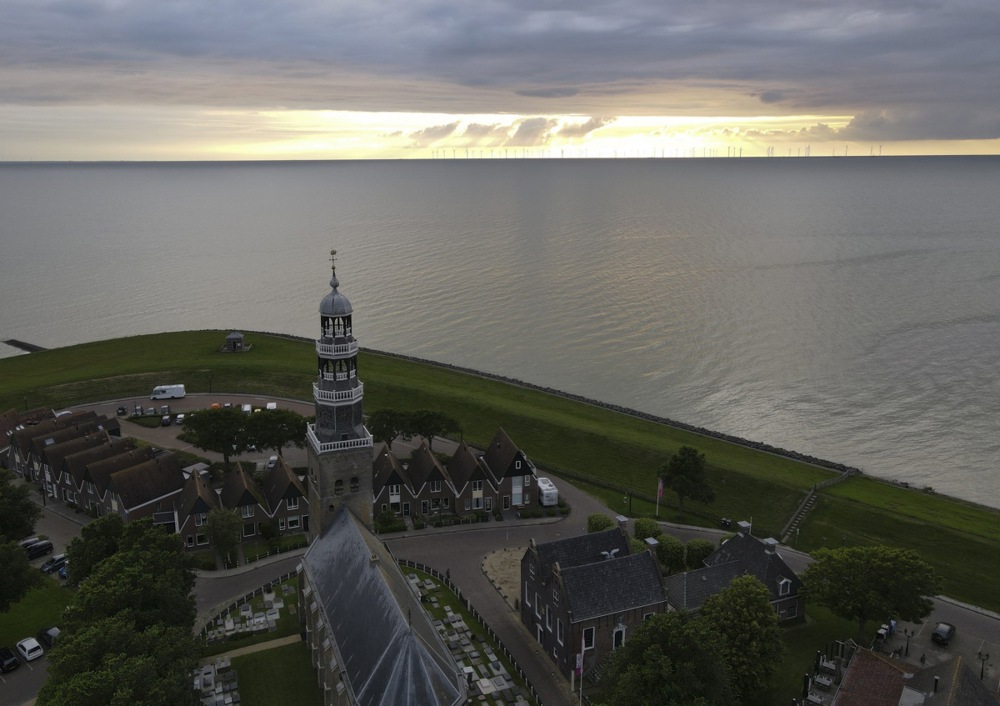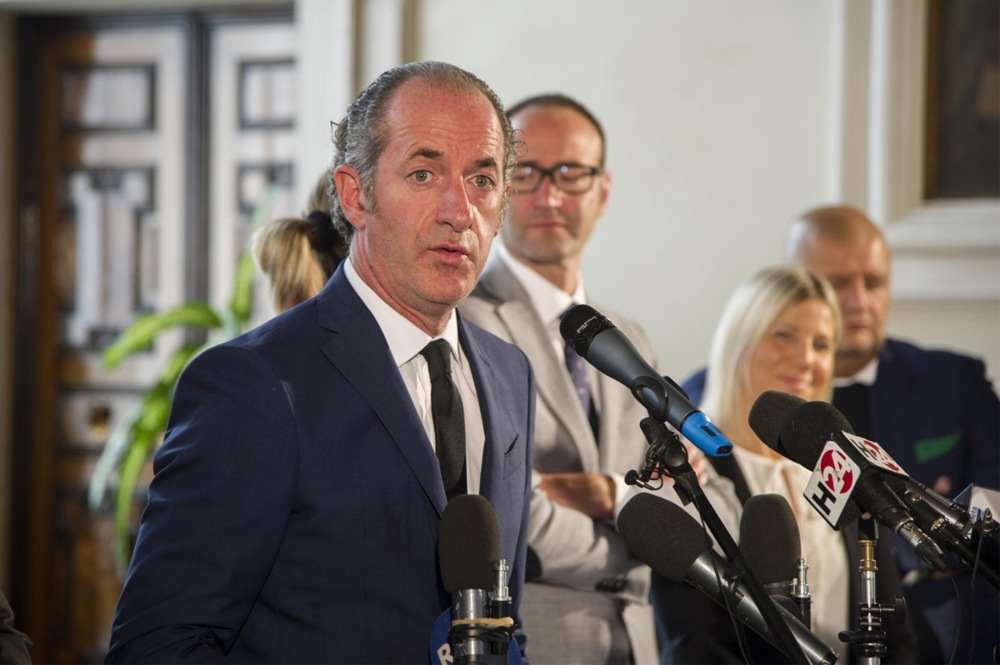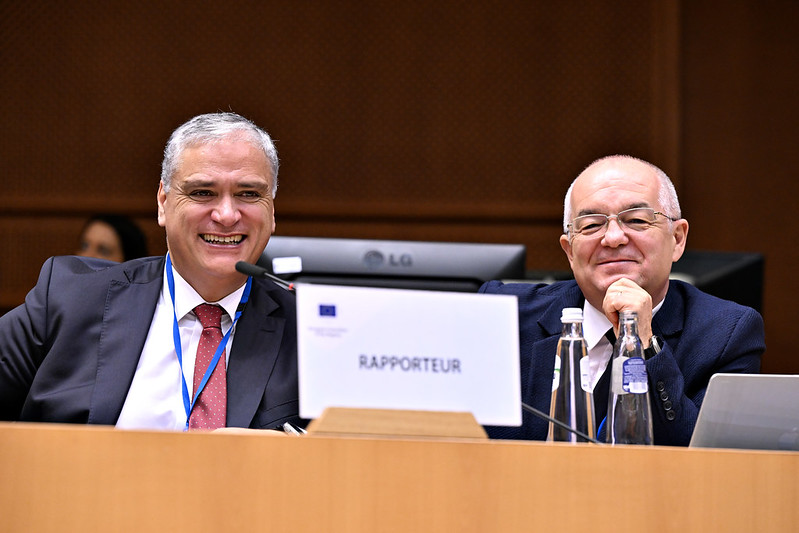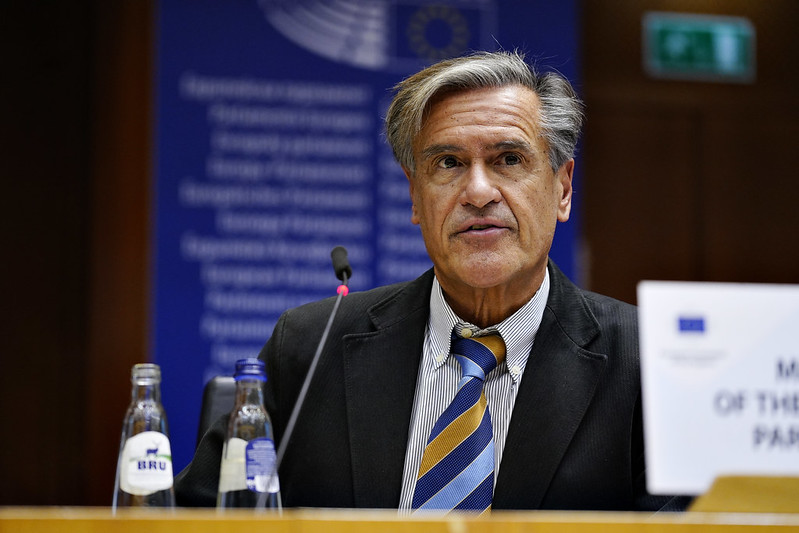On the evening of December 15, as the sun sets early, many Jewish Europeans mark the last day of Hanukkah.
The celebration, millennia old, commemorates the retaking of the Jerusalem temple by Jewish rebels from the Seleucid Empire.
Sadly, however, many Jewish communities find themselves under increased attack, as reports of antisemitic incidents have rocketed in the past year.
Local politicians, however, are leading the charge in combatting this rise in intolerance.
Speaking to Regional Signal during the Committee of the Region’s December Plenary, local politicians such as Ádám Karácsony of Pest County, Hungary, and Anne Rudisuhli of Bouches-du-Rhône, France gave their perspectives.
“I think one of the important things is personal connections and a good level of dialogue,” Karácsony said.
As Vice-President of the Pest region, Karácsony believed that a huge part of the problem lay in different communities such as Jewish, Muslim, and Christian people living separately in the same area and not knowing each other. However, by “maintaining and promoting the importance of dialogue,” all such communities could come to understand each other.
If different groups “sit down and discuss… we can find common values, I’m sure.”
Anne Rudisuhli echoed a similar sentiment, stating, “We need to do more. We must not settle for well-intentioned phrases like ‘stop antisemitism, antisemitism is bad'”.
She added that more decisive action was needed.
“Instead, we must act more decisively to close places where hatred is preached and systematically bring justice when antisemitic acts are done.”
Continuing the call to action, Rudisuhli emphasized the importance of denouncing those who convey messages of hate, including the extreme right, the extreme left, and radical Islamists. “We can no longer remain silent,” she asserted.
The comments came after a topical debate in the plenary session on how local government can counteract antisemitism.
Marco Marsilio, the President of Abruzzo, Italy, and the head of the European Conservatives and Reformists Group in the CoR, also weighed in. He highlighted the interconnectedness of hatred towards Jews and the state of Israel.
“Hatred of Jews goes hand in hand with hatred of the state of Israel and a lack of acceptance of Israel’s right to exist,” he remarked.
To effectively combat anti-Semitism in European cities, Marsilio stressed that leadership, determination, and a zero-tolerance policy are indispensable.
“It is crucial to act immediately, at all levels, with a special emphasis on education, to counter the normalization of anti-Semitism,” he concluded.





